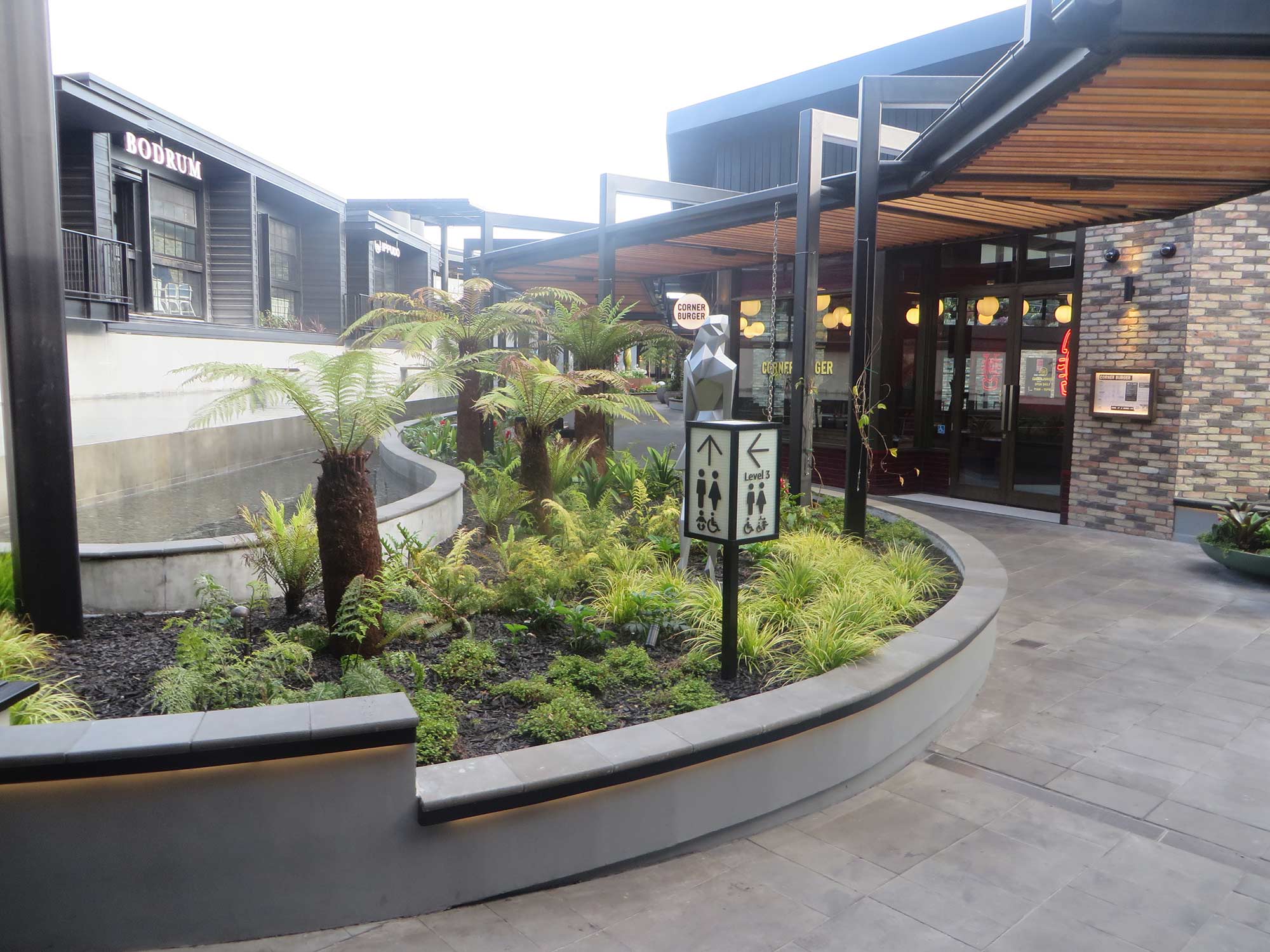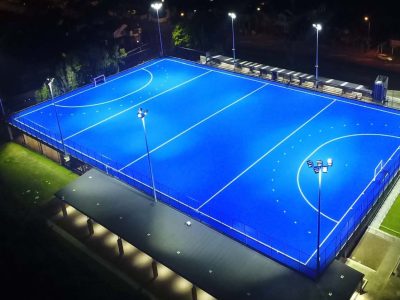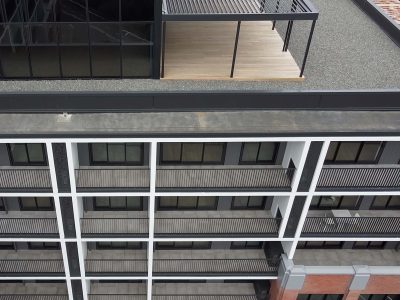
Mastic asphalt, with its rich history and proven durability, stands out as a versatile solution for a range of construction projects. Its unique properties make it particularly well-suited for applications where longevity, waterproofing, and structural stability are absolutely essential.
Mastic asphalt’s story begins in the 1700s when natural rock asphalt, infused with limestone and bitumen, was unearthed in the depths of France and Switzerland. Crafted into a resilient paste, it provided both durability and waterproofing when applied with a wooden float.
In the 1800s, the discovery of natural bitumen in Trinidad, nestled within the West Indies, marked a pivotal moment. This precious find not only enhanced the durability of the asphalt mix but eventually supplanted the use of rock asphalt altogether. Moreover, the refinement of incorporating stone into the paste, known as “epuré,” lent added stability to the concoction.
Fast forward to 1905, and Neuchatel introduced mastic asphalt into New Zealand, solidifying its place in the country’s construction legacy. Hence why today mastic asphalt is synonomous with the Neuchâtel brand name. One of the common applications for mastic asphalt is in pavement surfacing. Its ability to withstand heavy traffic loads and harsh weather conditions makes it an ideal choice for roads, highways, and car-parking buildings. The material’s flexibility allows it to adapt to the natural movements of the underlying surface, reducing the risk of cracking and deterioration over time.
Mastic asphalt’s waterproofing qualities also make it critical for projects requiring protection against moisture intrusion. It forms a seamless, impermeable layer that effectively shields structures from water damage, making it suitable for use in bridge decks, tunnels, and underground structures.
Additionally, Neuchâtel Mastic Asphalt’s versatility extends to roofing applications. Its ability to conform to complex shapes and contours, along with its resistance to UV rays and extreme temperatures, makes it a preferred choice for flat and low-slope roofs. The material provides reliable waterproofing and insulation, ensuring long-term performance and energy efficiency for green roofs, warm roofs, inverted insulated roofs and podiums.

Neuchâtel Mastic Asphalt Podium Terrace System at Westfield Newmarket
In heritage restoration projects, mastic asphalt offers a blend of tradition and modern engineering. Its compatibility with historic structures, coupled with its ability to meet contemporary performance standards, makes it an invaluable tool for preserving architectural heritage while enhancing structural integrity.
Overall, Neuchâtel Mastic Asphalt’s adaptability, durability, and waterproofing capabilities make it a go-to solution for a wide range of construction projects. From roads and bridges to roofs and heritage buildings, its proven track record and enduring legacy continue to make it a preferred choice in the construction industry.


